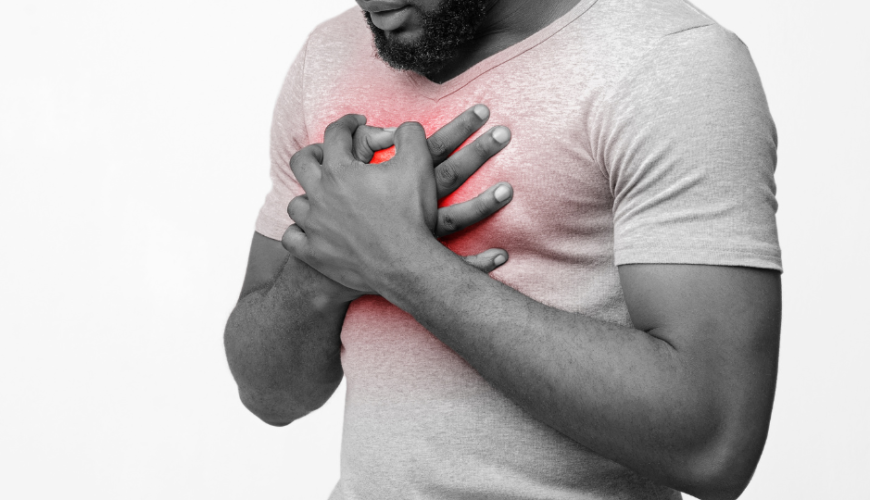Gastroesophageal reflux disease, also referred to as GERD, is a chronic digestive disease that occurs when stomach acid or bile flows into the food pipe and irritates the lining. Symptoms include burning pain in the chest that usually occurs after eating and worsens when lying down. Some of these facts about GERD may surprise you.
How common is GERD?
Gastroesophageal Reflux Disease is common in the United States and affects an estimated 20 percent of Americans.1 This may have a relation to an increase in obesity rates in Americans, as being overweight is a risk factor for acid reflux.
What are the GERD Stages?
There are different stages for GERD broken down by the severity of symptoms and how often the symptoms occur. It is important to be examined by your doctor to find the best treatment, medication, or lifestyle changes, recommended specifically for your stage of GERD. The four stages are listed below.
Stage 1: Mild GERD
Stage 2: Moderate GERD
Stage 3: Severe GERD
Stage 4: Precancer or cancer
What are the long-term effects of GERD?
If left untreated, GERD can cause some serious side effects and health issues. Long-term GERD could lead to esophagitis, which is the irritation and inflammation the stomach acid causes in the lining of the esophagus. Esophagitis can cause open sores in your esophagus, heartburn, chest pain, bleeding and trouble swallowing.
Do certain foods trigger acid reflux?
Some foods that may be considered as ‘healthy’ can be triggers for GERD, causing symptoms to flare-up. Acidic foods such as citrus fruits or berries and juices, should be avoided. Additionally, caffeine, alcohol, chocolate, tomatoes, onion, garlic, and mint, can also cause symptom flare-ups. Whole grains, root vegetables, and green vegetables, may help the acid reflux neutralize.
Are you or your loved one living with GERD? Some lifestyle changes might make living with the acid reflux easier. The first being to avoid large meals consumed quickly. Reduce your portions but eat more frequently, eating smaller meals throughout the day evenly spaced out while eating slower can help reduce gastric pressure. Avoid eating before you go to bed because you will want to avoid laying down flat after consuming food. Lastly, it may also help to avoid wearing tight clothing around the waist.
Preferred Research Partners is currently seeking participants for adult and pediatric gastroesophageal reflux disease (GERD) clinical trials. Visit our website here to learn more.

